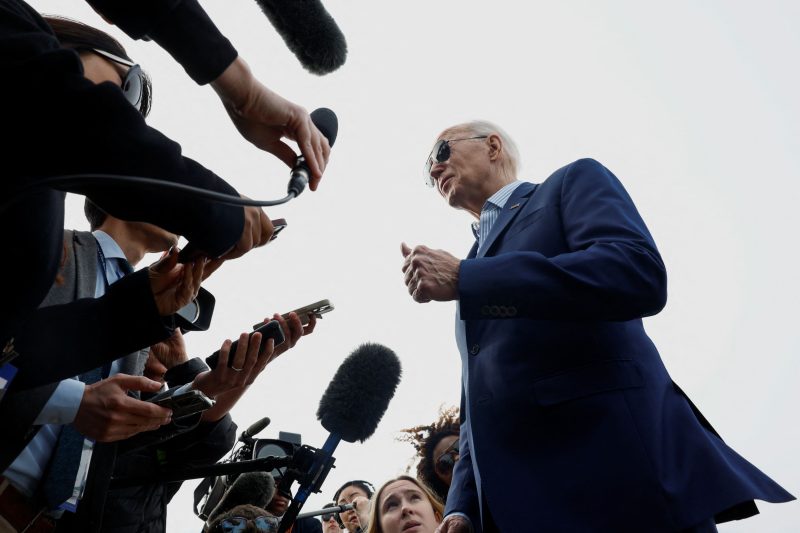
Joe Biden Ready to Hit the App Store: Will Sign TikTok Ban Bill if Congress Approves
In a recent development, United States President Joe Biden has expressed his willingness to sign a bill that could potentially ban the popular social media app TikTok, should Congress pass such legislation. The move comes amidst growing concerns over data privacy and national security issues linked to the Chinese-owned app.
TikTok, owned by the Chinese company ByteDance, has faced intense scrutiny in recent years, particularly in the U.S. and other Western countries. Critics argue that the app’s data collection practices pose a threat to user privacy and could potentially be exploited by the Chinese government for surveillance purposes.
President Biden’s readiness to support a bill banning TikTok marks a significant shift from the previous administration’s approach, which sought to address security concerns through other means like partnerships with American companies. The move underscores the increasing bipartisan consensus regarding the need to tackle the national security risks posed by foreign-owned tech platforms.
The proposed ban on TikTok reflects broader concerns about the influence of Chinese tech companies on global data flows and digital infrastructure. Amid the ongoing U.S.-China tensions and the broader geopolitical competition between the two nations, tech companies like TikTok have increasingly become focal points in the broader debate over data security and national interests.
While Biden’s stance on potentially banning TikTok aligns with existing bipartisan sentiments regarding national security risks associated with Chinese tech platforms, the actual implementation and consequences of such a ban remain to be seen. Any move to ban a popular app like TikTok would undoubtedly have significant implications for millions of users and the broader social media landscape.
Critics of the proposed ban argue that it could set a dangerous precedent for government intervention in the tech industry and potentially limit consumer choice. However, supporters maintain that the potential security risks associated with apps like TikTok justify decisive action to protect national interests and data privacy.
Ultimately, the debate over TikTok’s future in the U.S. reflects broader tensions surrounding data security, privacy, and national interests in an increasingly interconnected and digitally driven world. As lawmakers continue to grapple with the complex challenges posed by tech companies with foreign ties, the fate of TikTok and similar platforms will continue to be a subject of intense scrutiny and debate.
